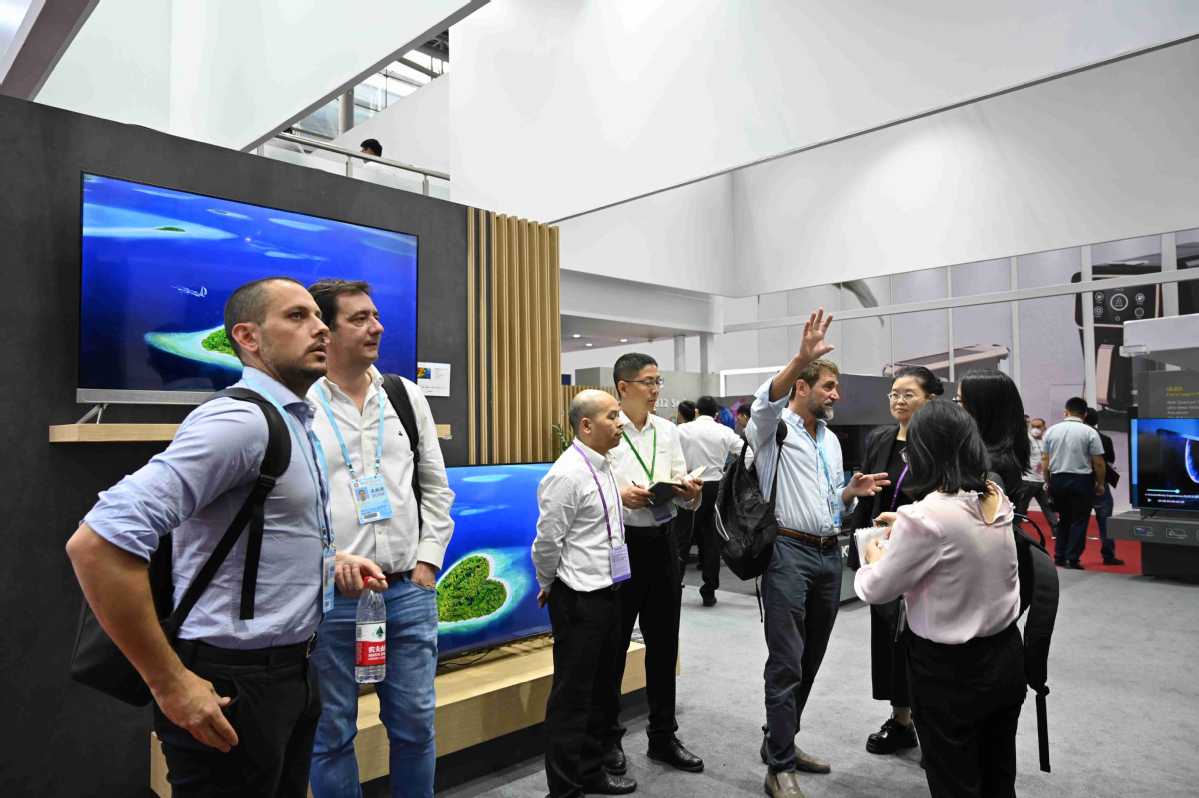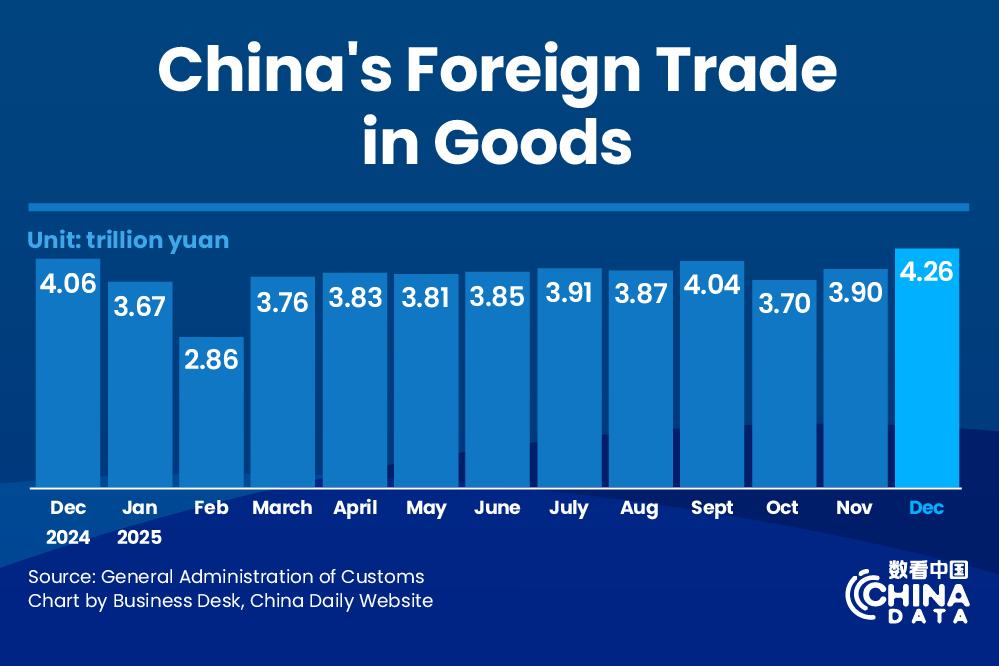Canton Fair signals trade's bright future


Competitive advantages open door for Chinese firms to move up value chain
In a crowded sea of glittery displays, novelties and one-upmanship during the 133rd China Import and Export Fair in Guangdong province, Zhongshan Aouball Electric Appliances Co worked hard to stand out from the competition with its new line of household appliances.
Nathan Chorley, a buyer from the United States, perused many products on the show floor, then stopped at Aouball's booth to look over an all-in-one smart electric range with several induction burners.
"The technical features of the electric range really win me over, and I'm sure it will be very popular among my customers," he said during the fair, which was held from April 15 to May 5 this year. "But it would be much better if the push button were changed to the other side of the control panel."
Liu Wenqi, director of the company's overseas marketing department, gave a nod of approval to Chorley's request, as part of the company's efforts to better meet the aesthetic preferences and usage habits of their customers.
"Modifications can be made to most of our appliances should customer expectations call for it. A one-size-fits-all approach won't work in such an intensely competitive climate with different market demands. Our region-specific strategy will always be an effective weapon to attract buyers and win orders," she said.
Aouball was not the only exhibitor exploring ways to secure more orders at the trade fair. More than 34,000 Chinese exhibitors were taking advantage of the event, also known as Canton Fair, to capture the attention of foreign buyers as China faces multiple headwinds in stabilizing foreign trade this year.
As the country's largest trade fair, held semiannually in Guangzhou, capital of Guangdong, the event is considered a major gauge of China's foreign trade. It had three phases during the spring showcase, attracting buyers from 226 countries and regions in both developed and emerging markets.
The latest data released by the Ministry of Commerce showed that overseas buyers placed orders in a proactive manner, amounting to some $21.69 billion during the offline exhibitions, along with export deals worth a total of $3.42 billion signed via online channels.
"China's manufacturing industry has many supporting resources, potent human capital and an accumulation of technical skills," said Wang Jian, director of the International Business Research Center at the University of International Business and Economics.
Such a competitive edge keeps Chinese manufacturers well-positioned to avoid delays as they stay abreast of ever-shifting demands in foreign trade. It represents the magnetic force and strong resilience of China's foreign trade, he added.
Medium- and long-term orders took the lion's share as nearly 60 percent of orders were placed with contracts of three months or longer. Aside from landing orders on site, many buyers made appointments with exhibitors for field surveys in hopes of extensive cooperation in the future, according to the ministry.
Topray Solar, a Shenzhen-based manufacturer of solar energy products, attracted dozens of potential overseas customers to its booth for business negotiations on a daily basis since the fair's opening. Often, they made orders on the spot, company officials said.




































